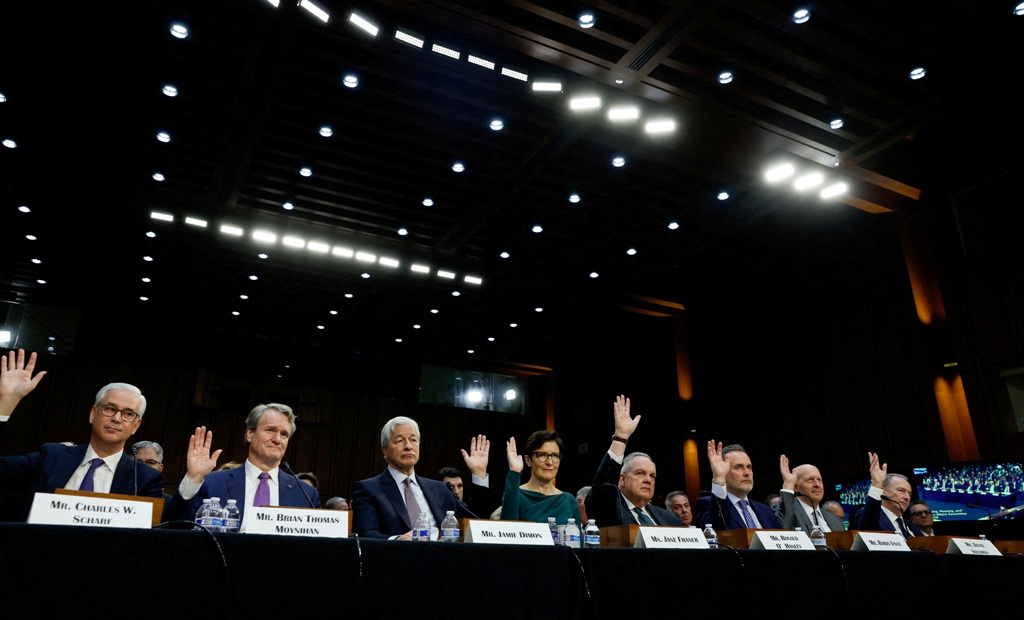
This year has posed significant challenges for the banking industry as it grapples with various economic factors. High interest rates have led banks and consumers to seek fewer loans, creating a notable shift in the financial landscape. Furthermore, consumers feel the pressure from inflation, adding another layer of complexity to the financial environment.
Against this backdrop, top executives from central Wall Street banks have raised concerns about potential new regulations proposed by the Biden administration. With the spectre of a recession looming and an election year on the horizon, leaders from JPMorgan Chase, Citigroup, Goldman Sachs, and other prominent firms have called on policymakers to evaluate the consequences of these regulatory measures carefully.
However, the Senate Banking Committee chairman, Democratic Senator Sherrod Brown, has criticized these banking executives. He pointed out a nationwide lobbying effort against financial watchdogs and the proposed capital requirements, contributing to public dissatisfaction with Wall Street and Washington. This adds a layer of tension to the ongoing debate around financial regulations.
Despite these concerns, the banking executives argue against imposing more regulations, including the Basel Endgame proposed by the Federal Reserve. This regulatory framework would require large banks to hold additional capital, a move that the executives claim could hinder lending and impact bank balance sheets. If implemented, Jane Fraser, CEO of Citigroup, emphasized that the Basel III Endgame proposal would increase the costs associated with lending and various financial activities. The potential adverse effects, particularly for smaller companies and consumers, raise questions about the balance between regulatory oversight and economic support.
Jamie Dimon, CEO of JPMorgan Chase, voiced discontent with the proposed rules, stating that they were not thoughtfully crafted and should be reevaluated. He urged lawmakers and regulators to focus on implementing the proper regulations to maintain the strength of the American banking system on a global scale. David Solomon, CEO of Goldman Sachs, highlighted the potential impact on capital requirements for clean energy projects, emphasizing the broader implications for strategic transactions with pension funds.
James Gorman, CEO of Morgan Stanley, echoed these sentiments, stating that the proposed Basel capital rule does not make sense. Drawing from his extensive experience, including sitting on the New York Federal Reserve Board, Gorman emphasized the need for rules that align with the broader goals of a stable and robust financial system.
Amidst these discussions, the broader economic landscape remains challenging. Three larger banks—Signature Bank, Silicon Valley Bank, and First Republic Bank—have faced difficulties this year, experiencing a run on deposits and raising concerns about the health of their balance sheets. The intertwined dynamics of economic challenges, regulatory debates, and the ongoing financial industry evolution contribute to a complex narrative in the current financial landscape.
This year, the banking industry has faced challenges due to high-interest rates, leading to fewer loans sought by banks and consumers. Additionally, inflation has put financial pressure on consumers.

